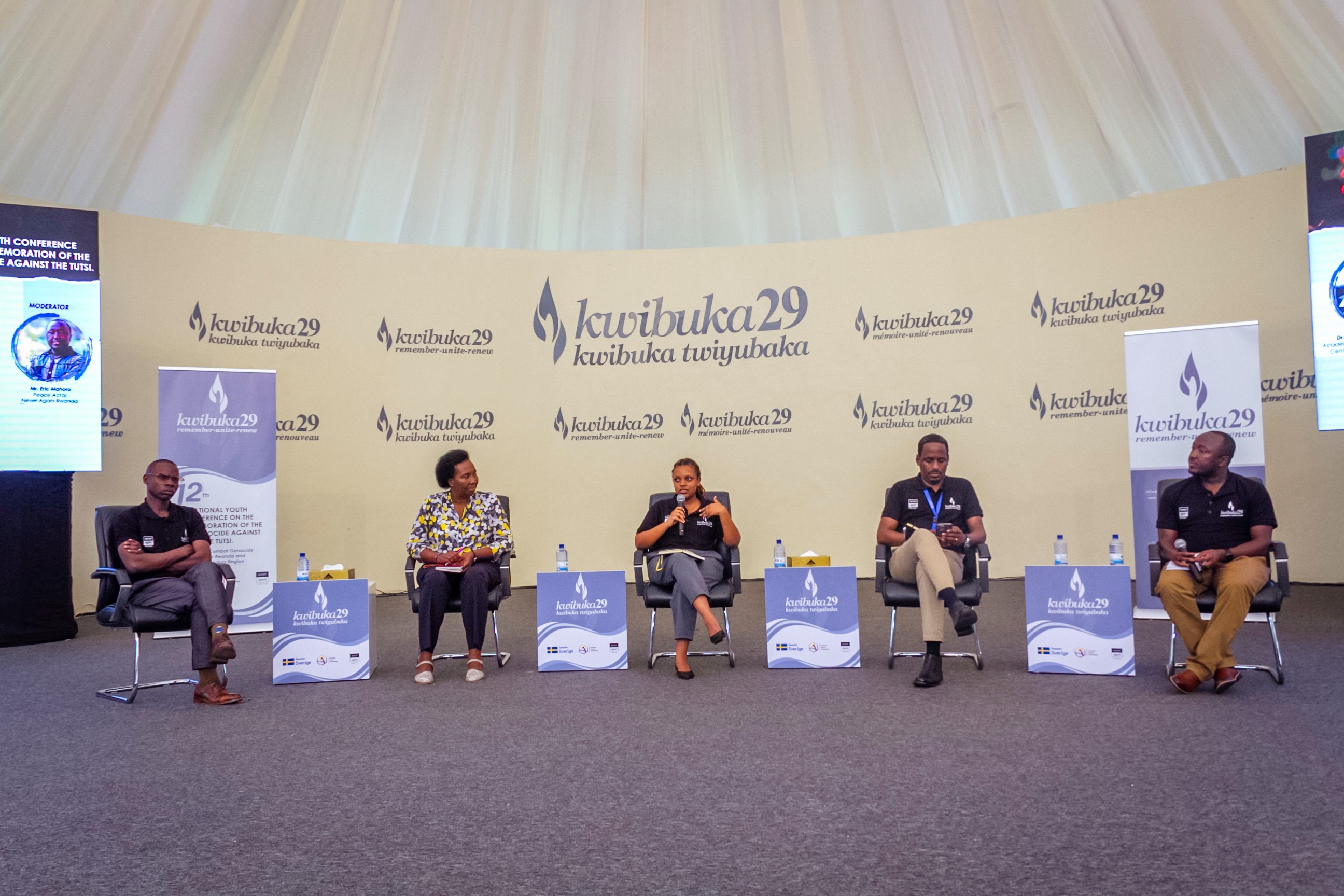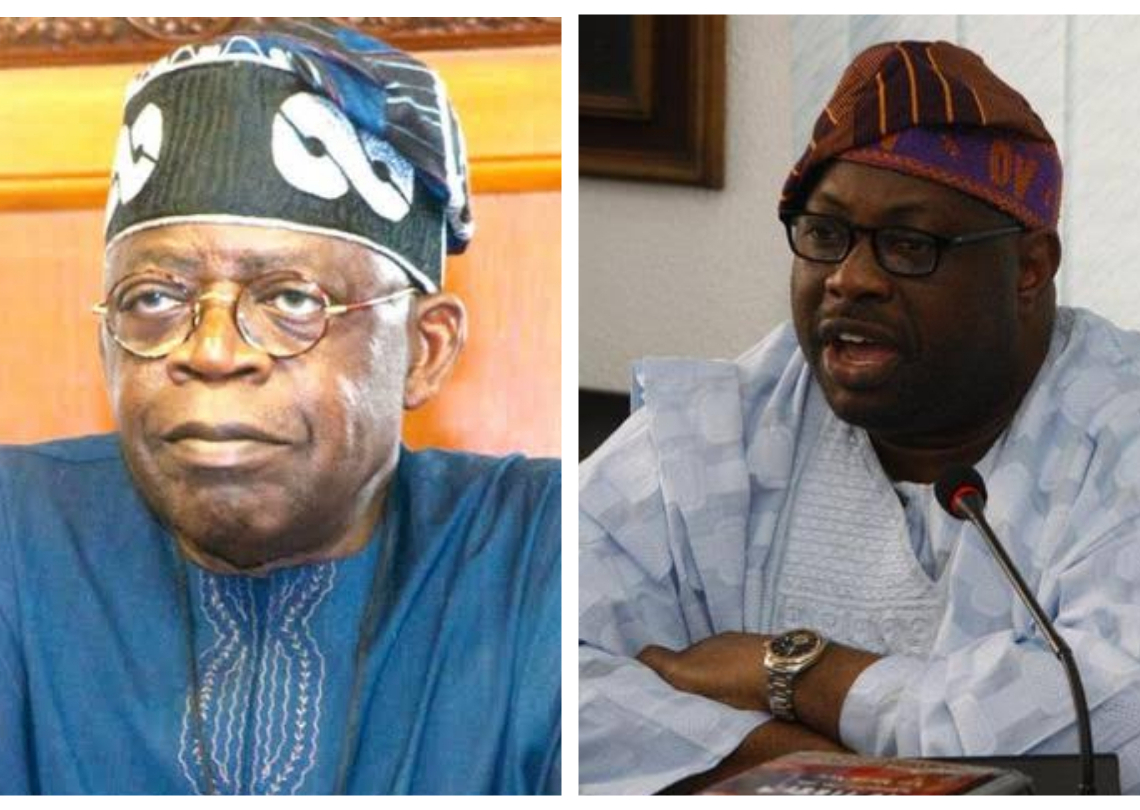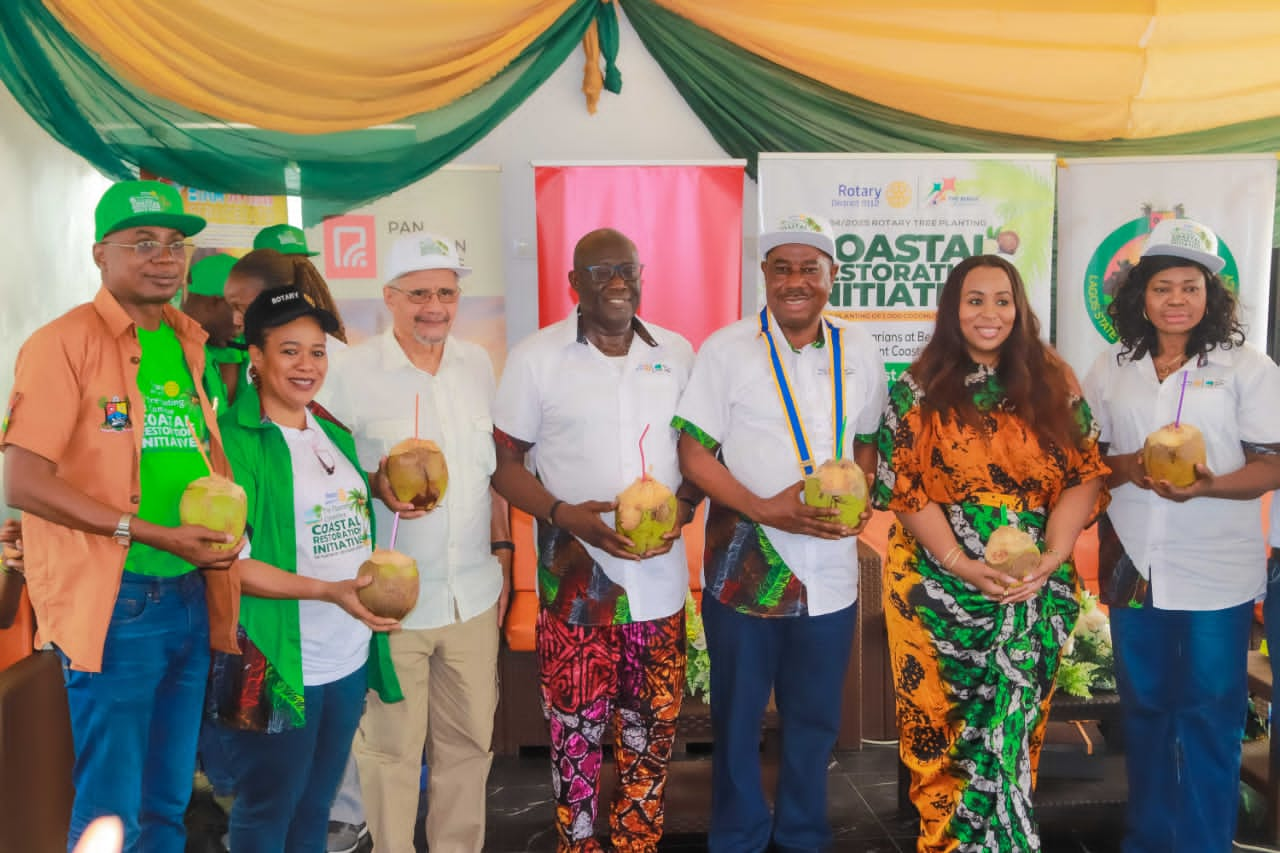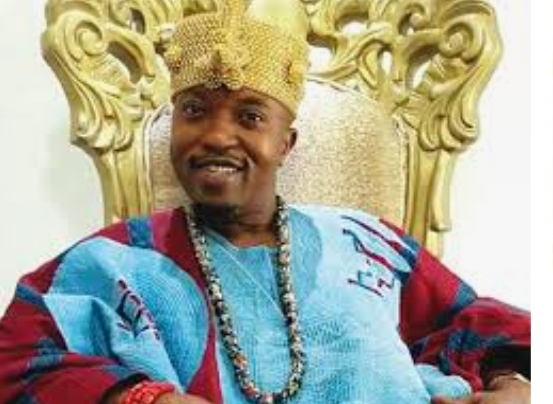By Dolapo Aina
For the past 12 years, Never Again Rwanda has been organising the national youth conference on the commemoration of the 1994 Genocide Against The Tutsi and 2023 was no different.
NAR is a Rwandan peacebuilding and social justice non-governmental organisation that was established in 2002 in response to the 1994 Genocide Against the Tutsi. The organisation aims to empower citizens of diverse backgrounds from Rwanda and the Great Lakes region with opportunities to become active citizens for a peaceful society.
The 12th National youth conference on the commemoration of the 1994 Genocide Against The Tutsi with the theme: Strategies to combat Genocide ideology in Rwanda and the Great Lakes region, took place at the amphitheatre situated at the Kigali Genocide Memorial in Gisonzi. The gathering was unique for several reasons; one of which was that majority of the attendees and those in the audience were young people from within and outside Kigali.
The 12th edition commenced with a visit to the memorial, paying tributes to the victims and laying flowers on the graves. Back at the amphitheatre, the objectives of the conference and agenda were previewed and a minute of silence followed. The executive director of Never Again Rwanda, Dr. Joseph Ryarasa Nkurunziza commenced proceedings thus, “Today, I speak with much humility as I pay tribute to the more than 250,000 victims of the genocide against the Tutsi who have found their final resting place here at this Kigali Genocide Memorial and all those in multiple memorial sites across the country who have been subject to the commission of the most heinous of crimes, genocide, and whose memory we have an obligation to preserve. Throughout history, there have been countless examples of genocide ideology and its horrific consequences. From the genocide of indigenous peoples in the Americas, to the Holocaust and systematic torture and murder of six million Jews, and finally our own history which led to the loss of more than one million lives.”
Dr. Joseph Ryarasa Nkurunziza continued, “For almost three decades, Rwanda continues to inspire the rest of the world, having shown what’s possible if we work vigorously to address the root causes that undermine social cohesion and create conditions for hatred and intolerance. And today, this event gives us the opportunity to reaffirm NAR’s dedication to the peacebuilding and development efforts of this remarkable country. I say this knowing that these days it is not possible to look at any type of social media platform and sometimes news platform without confirming the fact of people continuing to perpetrate atrocities, discrimination, hate speech globally. This is why the commemoration is so important as not only must we remember the 1994 Genocide Against The Tutsi, but we must also draw lessons for the present and future and continuously express commitment to prevent them from happening in future.”
Furthermore, Dr. Nkurunziza said, “In the recent years, given the rise of and easy accessibility to social media, there has been constant bombardment of violent images, texts and audios which have picked up traction through social media and non-traditional media. The sheer speed of circulation of this content and the practice of sharing extreme views by social media users, have led to exacerbating tensions and polarizing people’s opinions on current issues in our region. YouTube, Twitter, Facebook, among many others have become spaces for genocide deniers to spew their hate and propagate genocide ideology.”
He reminded the audience that, “Denial or distorting the facts of the genocide against the Tutsi in Rwanda is an extreme form of hate speech that could itself constitute preparation for another genocide. Let us not forget that these revisionists and deniers are often diverting attention with these claims from their own responsibility in these crimes and that many perpetrators of these genocides including those who planned, ordered, and committed them, remain at large even as their victims and survivors wait for justice. As the next generation of leaders and decision-makers, the youth have the power to shape attitudes and beliefs about other groups of people and to promote a culture of peace, respect, prosperity and reconciliation. In the context of our region, we should be mindful as we cannot prosper alone if our neighbours are at war. History has proven us that cross border hate exists, and we should be careful in how we address it. So what can we, and especially the youth, do to combat genocide ideology and hate speech in Rwanda and the region?
“First, we must recognize the existence of genocide ideology and speak out against it whenever we encounter it. As youth, you have the power in your hands to actively challenge dehumanizing rhetoric and hold those who promote it accountable for their actions. Educate yourselves on the history of the 1994 Genocide against the Tutsi and the factors that contributed to its occurrence and raise awareness about the impact of genocide and hate speech on individuals and communities,” said Dr. Joseph Ryarasa Nkurunziza.
The Never Again Rwanda director, further buttressed his speech, “Additionally, you should use your voices and platforms to speak out against hate speech and discriminatory attitudes. Take opportunities to challenge harmful stereotypes and promote more positive messages and values. Use your voice to advocate for peace, promote policies and practices that promote peace and prevent genocide. Work alongside the government, civil society organizations, and other stakeholders to promote human rights and social justice. Preventing genocide requires our constant engagement and vigilance. To the victims and survivors, I have this to say to you. We are here. We continue to do everything possible to ensure the world does not forget the crime of genocide against the Tutsi in Rwanda, we support peace and reconciliation initiatives.”
Ms. Martina Fors Mohlin who is the head of development cooperation at the embassy of Sweden in Rwanda gave a summary of the 1994 Genocide Against The Tutsi. According to her: “I am a relatively newcomer to Rwanda and I have witnessed how Rwanda tries to remember, unite and renew. Remarkable how the Government of Rwanda and civil agencies have been able to work together to keep the stories alive.”
Speaking to the youth, the representative from the embassy of Sweden further posited that: ”The labours of the parents of young people is remarkable and it is up to the young people to carry on the torch. To be aware of how easy ideologies can take control of anyone.” She continued; “The best way to honour the victims, is to make a collective pledge to always say no to ethnic hatred and ethnic cleansing. Engage with one another, ask questions, ask questions to your leaders, think innovatively, think outside the box.”
Ms. Mohlin stated that the participants should remember the role of the media in Rwanda leading up to the 1994 Genocide against The Tutsi. She said; “Let us remember the role of the receivers (the listeners) of the media: did they have the enlightenment and tool to question what they were been fed?”
She also talked about the positive and negative roles of social media in today’s world and concluded that, “We need to ensure young people are critical thinkers and are able to question norms online and in public.”
A documentary on the effects of the 1994 Genocide on the youth, the youth who survived and what must be done to stop the spread of Genocide ideologies amongst the young generation on all media platforms was aired for those in attendance. One of the those featured in the documentary summarised the documentary with a poignant statement; “We should all try to see ourselves as one Rwanda.”
A Ted Talk-like presentation was anchored by Tristan Murenzi who is the founder of Rwanda We Want and Christian Intwari who is the founder of Our Past; where they talked about their initiatives and how their initiatives are impacting their immediate society and spheres of influence.
The panel discussion comprising Dr. Aggee Shyaka Mugabe (Academician and Acting Director of the Centre for Conflict Management); Mr. Bahati Hakizimana Bosco; Dr. Madeleine Ndegeya Kazindu; (medical doctor and human rights activist) and Mrs. Assumpta Mugiraneza (socio-psychologist and director of Iriba Center for multimedia heritage), all discussed and analysed on the theme: Strategies to combat Genocide ideology in Rwanda and the Great Lakes region.
Mrs Assumpta Mugiraneza: talked about how youth can and should use social media to counter genocide ideologies by using facts to counter denials and not to engage in abusive spats but to counter ideologists with facts and figures. Also, she talked about the responsibility of the other generation to guide the younger generation in/on the right path with historical oral and written documentation on how to counter falsehoods by genocide ideologists.
Mr. Bahati Hakizimana Bosco (a businessman who fled Congo and returned to Rwanda in 2011) talked about his experience of how parents consciously or unconsciously transmute hate and genocidal ideologies to their children. In a nutshell, until he came back to Rwanda (as he left with his family at a tender age in 1994), he was brainwashed by what his family members fed him with as a youngster. He talked about what he saw and experienced; like the lawlessness of the FDLR, how his siblings were part of the FDLR (as some trained youngsters to become militia), the militia trained young people and making them believe they were fighting for a good cause by training to fight the Government in Rwanda. The brainwashing of the young people; that to get a better life, they had to fight the government in Rwanda.
Mr Bosco gave an example and paraphrasing him; “When the top officials of the FDLR were captured, a majority of the young people who were under their tutelage were disoriented and confused. And a lot of them didn’t know what to do with their lives. I began to listen to the state radio station in Rwanda and when I began to hear of the Government’s programmes for the citizens via radio jingles, I began to see a different Rwanda from what myself and other youngsters had been fed in the camps in Congo.” He returned home but a lot of people he knows cannot return to Rwanda because of the fact that no one has been able to guide them and educate them (unlearn and relearn) about the decades-hold brainwashing of the FDLR.
A woman in the audience buttressed what Mr. Bosco stated by giving her testimony of how her parents had a hand in some atrocities during the 1994 Genocide Against The Tutsi and they fled to Congo. They lived in the camps that had FDLR and the genocide ideology campaign was widespread. Those who wanted to return were dissuaded by the repeated comments and opinions of “Rwanda wasn’t safe for all and that they would be arrested and not seen anymore.” She and her siblings decided to return in 1997 and when they did, they began their new life. She stated that their school fess from high school to tertiary level were paid for by the Government of Rwanda. She also stated that if she and her siblings had not returned, they would probably be in one of the large forests in Congo controlled by the FDLR.
Another man in the audience buttressed the fact earlier stated of parents who try to cover up the truth or engage in genocide ideology. He stated that young people must be equipped with the appropriate storytelling techniques and armed with the right historical facts and contexts to counter and dissuade such approaches from elders and parents.
Another young female participant stated by observing that in secondary schools, most of the history teachers are non-Rwandans (teachers from Uganda, Kenya etc) and when it comes to topics relating to Rwanda and the 1994 Genocide Against The Tutsi, their knowledge is very limited. She suggested that the Government of Rwanda should have Rwandan teachers for history classes.
In conclusion, Dr. Aggee stated that critical thinking, peace building and genocide prevention which are usually taught to elderly people (who already have a formed mindset) should be introduced to youth clubs in primary and high schools, since these young ones’ minds are not yet fully formed. Theis way, they are more equipped to present and state historical facts the way they are. Also, they would be in a better position to counter genocide ideologies.
Dr. Madeliene concluded by highlighting transgenerational trauma which she said, acknowledging it is the first step to healing. She also stated that genocide ideology which is still in existence took decades to form and actualise, therefore, Rwandans should be steadfast in countering such ideologies with historical facts realising that it is not a sprint but a marathon.
Mr. Bosco concluded by highlighting the fact that the participants should not forget that Genocide ideology cannot and should not only be countered in Rwanda but also outside the shores of the country, as there are those who still are neck-deep in the doctrine of Genocide ideology. He also stated there has to be a personal and inner soul reflection to believe that all people from Rwanda are Rwandans and not viewed from any other perspective or prism.
Mrs Assumpta concluded by stating that the Genocide ideology took decades to be part of the ideologists’ thinking, so it would take a long time to eradicate Genocide ideologies but Rwandans have to be patient and keep on denouncing such thinking. for it would take several generations for such to be eradicated. She also stated that documentation and archiving are very important and should begin to be implemented and taught to young people from an early age.
Dolapo Aina writes from Kigali, Rwanda


 News6 years ago
News6 years ago
 Featured6 years ago
Featured6 years ago
 Boss Picks6 years ago
Boss Picks6 years ago
 Headline6 years ago
Headline6 years ago
 Headline6 years ago
Headline6 years ago
 Headline6 years ago
Headline6 years ago
 Headline6 years ago
Headline6 years ago
 Headline6 years ago
Headline6 years ago













